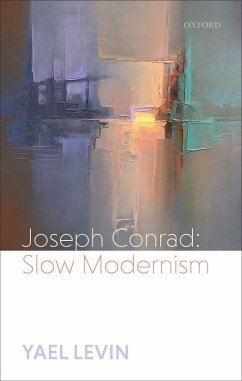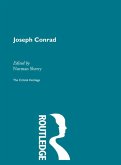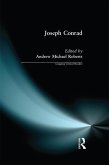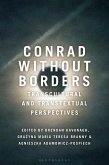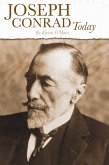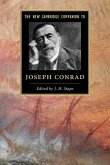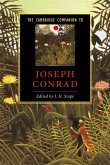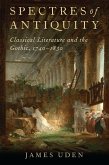The book builds on current interventions in modernist scholarship in order to rethink Joseph Conrad's contribution to literary history. It utilizes emerging critical modernisms, the work of Henri Bergson and Gilles Deleuze, and late modernist fiction, to stage an encounter between Conrad and a radically different literary tradition. It does so in order to uncover critical blind spots that have limited our appreciation of his poetics. The purpose of this investigation is threefold: first, to participate in recent critical attempts to correct a neglect of ontological preoccupations in Conrad's writing and uncover the author's exploration of a human subject beyond the Cartesian cogito. Second, to demonstrate the manner in which such an exploration is accompanied by the reconfiguration of the very building blocks of fiction: character, narration, focalization, language and plot have to be rethought to accommodate a subject who is no longer conceived of as autonomous and whole but is rendered permeable and interdependent. Third, to show how this redrawing of the literary imaginary communicates with the projects of late modernist writers such as Samuel Beckett, writers whose literary endeavours have long been held separate from Conrad's. In the spirit of current re-examinations of modernism and critical endeavours to think it anew outside the commonplaces that once defined it, this study returns to Conrad's art with an eye to twentieth-century shifts in the way we process, understand and evaluate information. Thematic, stylistic and philosophical instantiations of the slow are offered here as a gauge for this meaningful transformation.
Dieser Download kann aus rechtlichen Gründen nur mit Rechnungsadresse in A, B, BG, CY, CZ, D, DK, EW, E, FIN, F, GR, HR, H, IRL, I, LT, L, LR, M, NL, PL, P, R, S, SLO, SK ausgeliefert werden.

